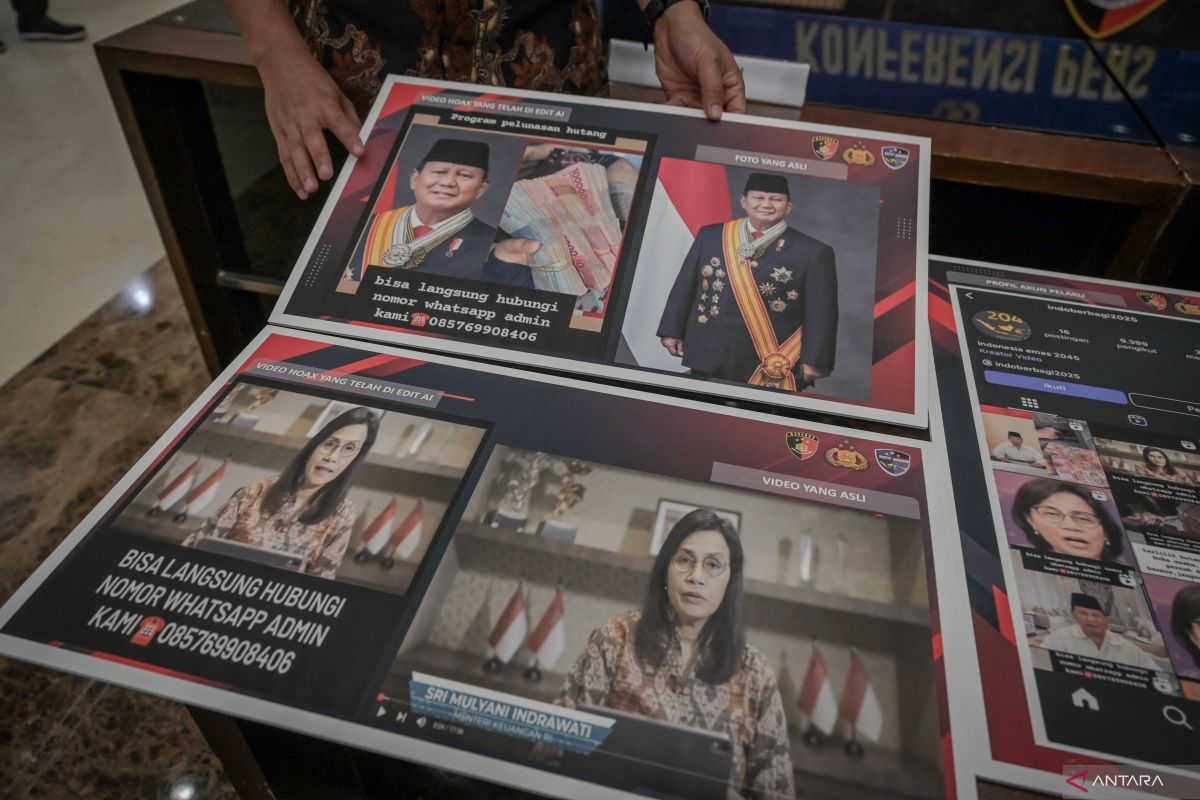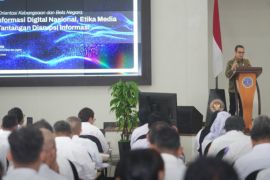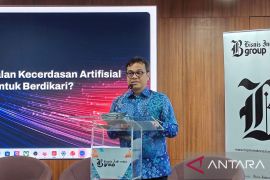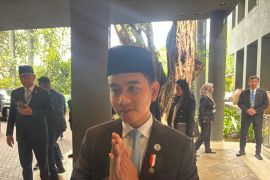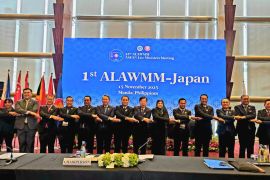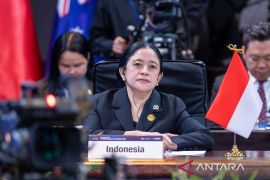“These guidelines will help developers take precautions when building AI systems. Each sector can use them to create their own rules,” said Director of Artificial Intelligence and New Technology Ecosystems at the Ministry Aju Widya Sari here on Friday.
The Ministry is still finalizing the guidelines and has asked for permission to turn them into a Presidential Regulation. This will happen around the same time public consultations wrap up on August 29, 2025.
In the draft shared during those consultations, the government highlights disinformation—like fake news and deepfakes—as a major risk that needs to be addressed.
AI can create realistic but false content, which can be misused and may harm democratic processes by spreading misleading information.
To tackle this, the ministry has included disinformation prevention as one of the key examples in its Quick Wins program—a fast-track initiative to show how AI can be used responsibly.
“Disinformation prevention is one of the AI use cases we’ve proposed for the Quick Wins Program, with our Ministry leading the effort,” Aju added.
The government sees disinformation as a serious digital threat, grouping it with slander and hate speech under the term “DFK.”
According to the Ministry’s website, it handled over 1.4 million pieces of harmful content—including disinformation—between January and August 2025.
Related news: President summons intelligence chiefs following national protests
Related news: Ministry pushes for AI utilization for cultural affairs and tourism
Translator: Livia, Kenzu
Editor: Aditya Eko Sigit Wicaksono
Copyright © ANTARA 2025
